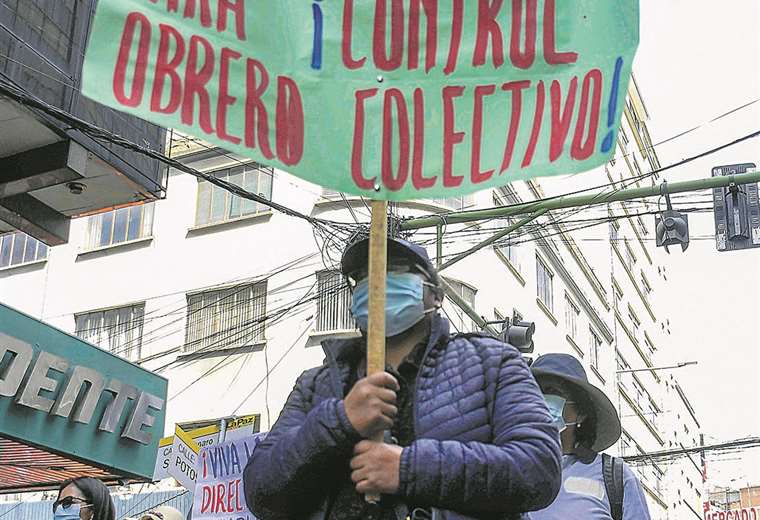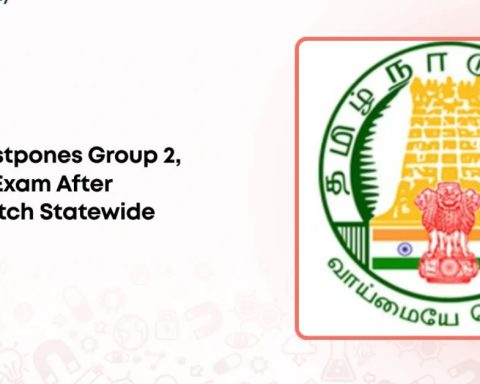October 14, 2022, 4:00 AM
October 14, 2022, 4:00 AM
The Government is unable to clear up the doubts and mistrust that workers from different sectors have towards the Public Manager of Long-Term Social Security, a new entity that will administer the contributions to the Comprehensive Pension System (SIP) that since 1997 have been managed by the Administrators of Pension Funds (AFP) Futuro and BBVA Previsión.
According to data from the Supervision and Control Authority of Pensions and Insurance (APS) until July of this year, the SIP fund reached $23,401 million.
Both in teachers, factories and the mining sector there is a fear that these resources will be transferred to another state department or used by the Government to finance its expenses.
Even these sectors mobilized in La Paz demanding that the workers be part of the board of directors of the new state entity that in May 2023 will assume control of the resources that the AFPs still manage.
“There is a lot of susceptibility among education workers because the contributions would be at risk as they are in the hands of the State, which has shown inability in administration. All public companies are making losses,” said Ludwing Salazar, executive secretary of the Bolivian Confederation of Urban Education Workers.
However, of all the sectors that mobilized against the Manager, the Government reached an agreement with the Huanuni miners and demobilized the protest.
Among the points agreed is the brake on the migration of data from this sector to the Manager, while a socialization process is completed on the benefits that the state entity will provide. This period will be 15 days.
At this time, the Government agreed to clear up doubts with this sector and also assured that the SIP resources have “legal locks” that guarantee the correct use of these funds.
Jaime Durán, general manager of the Manager, clarified that the data of the Huanuni miners will pass to the state entity and that the agreement established a “flexibility”. “As the agreement says, a temporary suspension in this process because we are talking about 2.5 million policyholders,” he said.
Regarding the observations made by the workers — who distrust the transparent management of their resources — he maintained that the Pension Law and the Political Constitution of the State establish a series of legal parameters.
“There is a bad intention in biased sectors. For example, we have found Senator Rodrigo Paz who is giving bad information, saying that the Management Company’s resources are going to be transferred to the TGN and that will not happen, because they are autonomous resources”, he clarified.
Along these lines, Américo Flores, the leader of the Fabriles de La Paz, questioned that the Government only attends to one sector given the importance of the issue of pensions in the country.
“The decisions that are made have to be in a consensus of all the workers. We are all white or black,” Flores observed.
The leader insisted that the workers should be part of the manager’s board to take care of what the resources of the workers’ contributions are invested in. This proposal is supported by the Magisterium, which next week will convene a national conference to analyze the issue of pensions.
“We believe that the Manager should be managed by the workers because they own the contributions and the State does not contribute any weight,” said Salazar.
In return, Durán asked the workers to present short lists for the directory, but recalled that a series of requirements must be met, such as having a minimum of 10 years of experience in the pension sector.


















